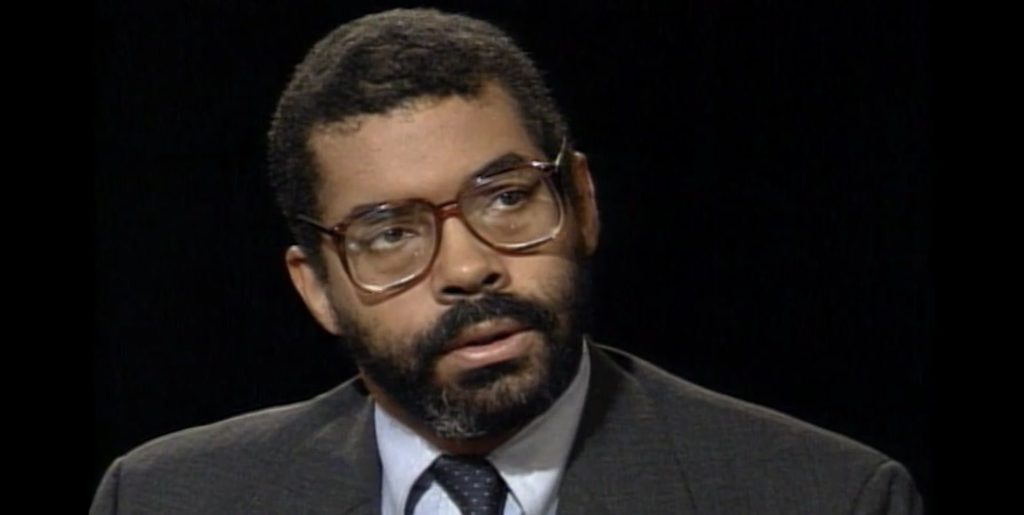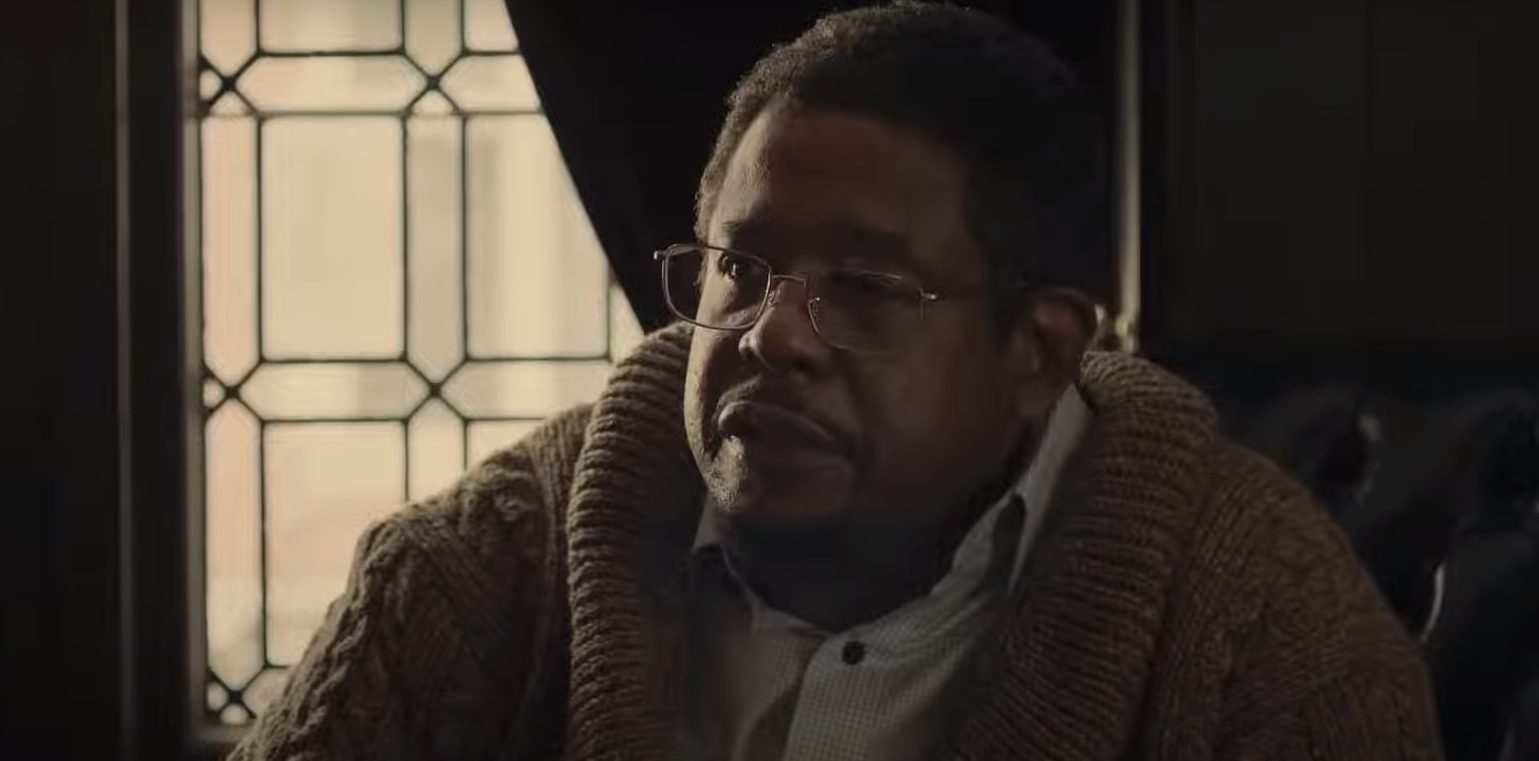The MGM+ show, ‘Emperor of Ocean Park,’ centers on Talcott Garland, a law professor whose life is altered after Oliver Garland, his father, dies. As Talcott is entangled in a messy web of lies and deceit, he begins wondering what he knew about Oliver, a prominent federal judge whose legacy has been untarnished until now. In his pursuit of the truth, the protagonist is aided by a former journalist and believer in conspiracies, Mariah Denton, who forces him to confront the ghosts in his past and ascertain whether Oliver’s untimely death had more to it than meets the eye.
Created by showrunner Sherman Payne, the show pulls back the curtains on a shrouded mystery haunting a great figure’s hallowed past told through his son’s eyes. The narrative alights upon themes of politics, morality, power, corruption, and familial dynamics filtered via a murder plot at its center. As dark forces conspire against him, Talcott has to find answers to his father’s death before irreversible damage threatens to upend everything. Thus, owing to its close examination of upper-class Black identity, an exploration of ‘The Emperor of the Ocean Park’ incites further inquiry into whether it is based on a true story.
Emperor of Ocean Park is Based on a Novel
‘Emperor of Ocean Park’ is a fictional adaption of Stephen L. Carter’s 2002 eponymous book, which digs into the social and cultural environments surrounding affluent Black families through a crime novel setup. The show’s script was drafted by Sherman Payne, J.D. Shields, Cynthia Adarkwa, Francesca Butler, and Shukree Tilghman, highlighting the same unique trappings that made the novel a prescient and entertaining exploration of its subject matter. Carter intended to zoom in on a privileged African-American household where the dynamics are deeply rooted in the generational wisdom and education garnered by these families over many years. Additionally, the murder at the heart of the story became the vehicle by which he delivered the deeper themes at play in the narrative.

In an interview with Charlie Rose, the writer elaborated upon the essence of his work. “I’m fascinated by two things about that world,” he said. “One is the ability of these families to build this very strong ethic of achievement and keep it going over many generations in the face of very oppressive segregation. We’re talking about families that have been college-educated sometimes for a hundred years.” He admitted that he was intrigued by the dichotomy of the world inhabited by these rich families as compared to the age-old notion of poorer, struggling African-American neighborhoods. The gap between these worlds became a source of interest for Carter, who reflected it in his narrative through certain scenes.

The main characters and the world they inhabit within ‘Emperor of Ocean Park’ were familiar elements to the writer. He played around with their conception for nearly 20 years before he could find the right approach for the story. He also stated that a glimpse into the lives of these older Black families was something that hadn’t been touched upon too many times in the past, allowing him to carve a new road of discovery. On the same point, he added, “In fiction, especially in the genre of books that are thrillers or mysteries, as this one to some extent is, we don’t encounter very much these professional families, these families that have been well-to-do for a considerable period of time.”
Emperor of Ocean Park Blends Murder and Racial Identity in a Rare Combination
While adapting the novel into the show, the creator, Sherman Payne, wanted the correct mix between a classic whodunit and a portrayal of a distinguished family’s rich background and history to be established in order to dig into the heart of the narrative. He understood the value of Stephen L. Carter’s attempt to provoke a closer and more raw discussion about race, political power, and the need for achievement in these high-caliber societies that have become sequestered in their own bubbles. In a press statement, Payne said, “It’s exceedingly rare to see Black people depicted in these settings and I believe viewers of all backgrounds will be entertained by our portrayal of the extraordinary Garland clan and the intrigue that engulfs them.”

The head of MGM+, Michael Wright, was of the opinion that ‘Emperor of Ocean Park’ transcends the limitations of its genre due to its microscopic analysis of the family’s internal dynamics, which are just as entertaining as the murder that engulfs them. He doubled down on the manner in which it uncovers the higher echelons of upper-class Black identity, inciting thought-provoking dialogue about one’s history and its connection to a forgotten past. As Talcott immerses himself in his father’s investigation, he finds himself learning not only about the mysterious events surrounding Oliver but also his own. The mirror reflects back his personal identity, making him question everything he once knew.
Although ‘Emperor of Ocean Park’ builds on a complex base of themes relating to an individual’s past, present, and future, it aligns itself constantly to match the pace and excitement of its intriguing central conspiracy. Matters of death and a loved one’s perceived image are brought to the fore, forcing the protagonist to doubt their word and who they purported to be. In reality, deceptions and lies are common ground in aristocratic circles. As such, the show draws upon grounded elements that are realistic in their inspiration while also being fictional in its inception.
Read more: Emperor of Ocean Park: Exploring All Filming Locations


You must be logged in to post a comment.